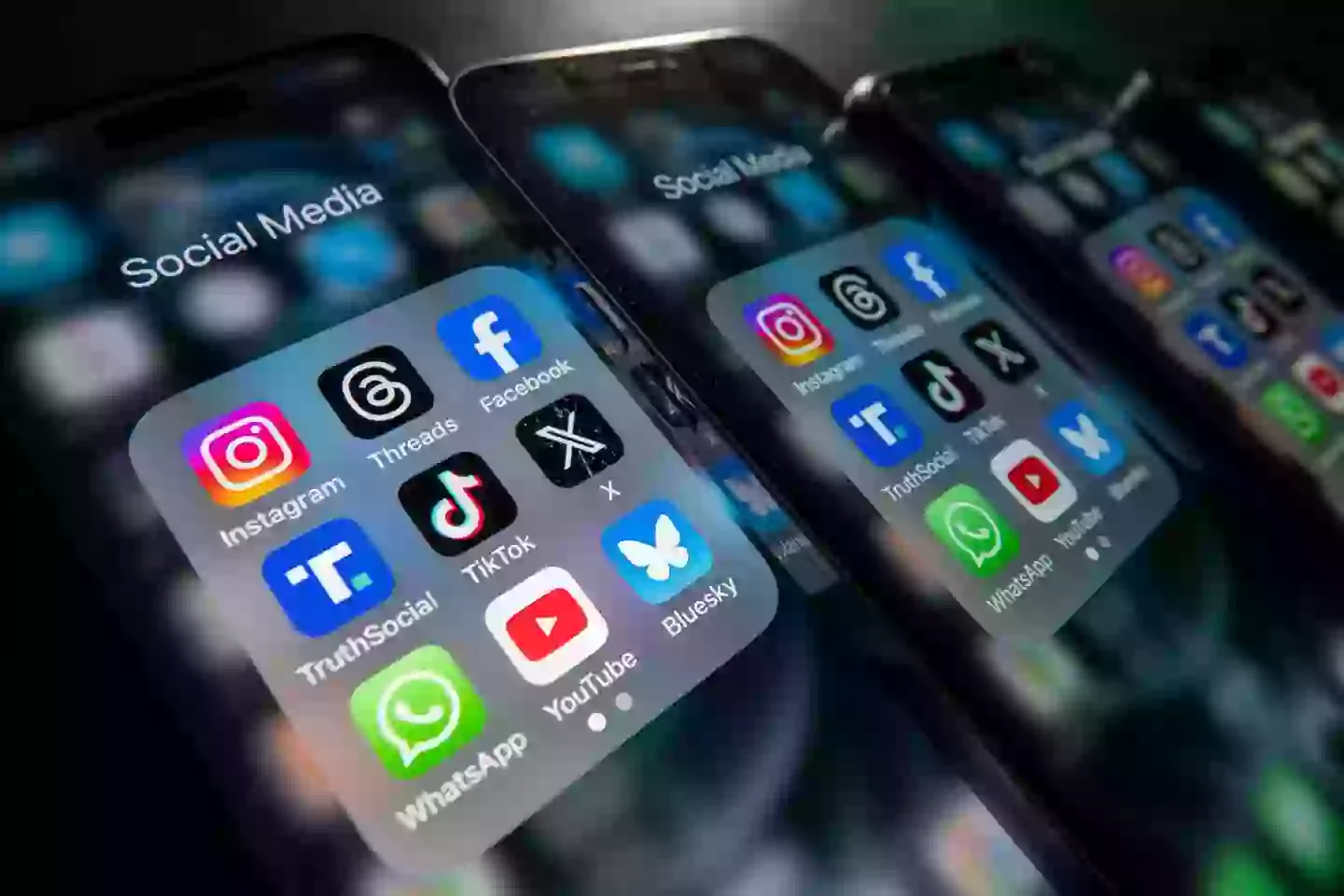A critical advisory has been released for iPhone users following a ‘highly sophisticated’ security threat aimed at Apple.
Though consumers can take numerous measures to enhance the security of their devices, some threats are beyond their control.
When a major company like Apple becomes a target, it poses a significant risk for those who rely on its products daily.
Apple has urged users to promptly update their iPhones to mitigate the potential threat.

Failing to download the latest security patch may expose users to vulnerabilities, with warnings from Apple that hackers might gain full control of affected devices.
The updates, identified as iOS 18.3.1 and iPadOS 18.3.1, are now available for iPhone XS models and newer, as well as the iPad Pro 13-inch, iPad Pro 12.9-inch 3rd generation, and later models.
The update is also applicable for the iPad Pro 11-inch 1st generation, iPad Air 3rd generation, iPad 7th generation, and iPad mini 5th generation, along with all subsequent releases.
READ MORE:
THREE LITTLE-KNOWN IPHONE SETTINGS THAT WILL DOUBLE YOUR BATTERY LIFE
IPHONE FEATURE HAILED AS A ‘GAME CHANGER’ FOR PEOPLE WHO TRAVEL
Apple stated: “A physical attack may disable USB Restricted Mode on a locked device. Apple is aware of a report that this issue may have been exploited in an extremely sophisticated attack against specific targeted individuals.”
The company added: “For our customers’ protection, Apple doesn’t disclose, discuss, or confirm security issues until an investigation has occurred and patches or releases are available.”
The Daily Mail has highlighted that, as of now, there have been no documented incidents of hackers seizing control of individual Apple devices, yet the company has chosen to alert its users proactively.

In the previous year, iPhone users were cautioned about a phishing scam that could result in permanent lockout from their Apple ID accounts.
The deceptive email prompted users to click a link to verify their accounts, which redirected them to a page designed to capture login credentials, including usernames and passwords.
This scam also compromised two-factor authentication, prompting Apple to issue a warning to its users.
“Apple will never ask you to log in to any website, or to tap Accept in the two-factor authentication dialog, or to provide your password, device passcode, or two-factor authentication code or to enter it into any website,” the tech giant emphasized on its website.

